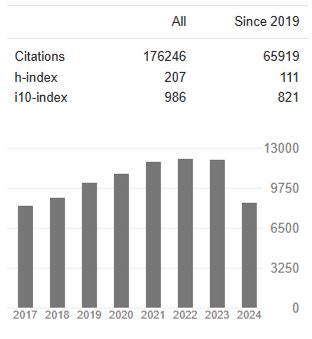Laboratory Profile of Women Substance Users Seeking Treatment at Tertiary Care Centre in North India: A Retrospective Study
Abstract
Raka Jain, Arpita Verma
Background: Women substance use is on increase worldwide. In India, published research on women substance users is limited. There is a need for quantitative and qualitative research on effective interventions for women. The present study aimed to assess the drug use pattern among women substance users based on urinalysis.
Methodology: Retrospective review of laboratory records (2007-2018) was carried out for females seeking treatment at an apex de-addiction centre of North India. Their drug use history and laboratory test results were examined. Descriptive statistics was applied using SPSS 22.0.
Results: A total of 29,339 tests were performed for drugs of abuse. Among them 415 tests (1.41%) represented women substance users with a mean age of 33.82 (10.58) years. Female to male ratio was found to be 1:70. Majority was diagnosed for Opioid Dependence Syndrome (ODS) (56.9%) followed by Nicotine (8.92%), Cannabis (4.3%), Alcohol (3.38%), Benzodiazepines (3.13%), and Inhalant (0.7%) dependence. The positive urinalysis result showed 56.86%, 27.45%, 9.81%, and 1.96% positive for codeine, morphine, cannabis and cotinine respectively.
Conclusion: Substance use disorders have been found to be fairly prevalent in women. Urinalysis plays a pivotal role in the clinical management of patients in substance abuse treatment programs.




